Dr. Reckeweg Antimonium Tartaricum
About Dr. Reckeweg Antimonium Tartaricum
The common names for Dr. Reckeweg Antimonium Tartaricum are Tartar Emetic, Tartrate of Antimony, and Potash
Ingredients of Dr. Reckeweg Antimonium Tartaricum
Antimonium Tartaricum
Benefits of Dr. Reckeweg Antimonium Tartaricum
It helps in reducing weakness and exhaustion
Improves respiratory functions
Provides effective relief from feeble the cough and helps in clearing congestion in the chest
Helps in conditions such as drowsiness and shortness of breath
Also effective in curing symptoms of bronchitis
Dosage and rules while taking Dr. Reckeweg Antimonium Tartaricum
Take 5 drops in half a cup of water three times a day.
You can also medicate the globules and take them 3 times a day or as prescribed by the physician.
We recommend you take it under the physician’s guidance.
Precautions while taking Dr. Reckeweg Antimonium Tartaricum
Always keep a gap of 15 minutes before or after meals when you take medicine.
If pregnant or breastfeeding, ask a homeopathic practitioner before use.
Avoid eating tobacco or drinking alcohol during the course of medication.
Action of Dr. Reckeweg Antimonium Tartaricum
Mind
Bad humor, Excessively peevish and quarrelsome. Discouragement and despair, Lethargy.
The child will not allow itself to be touched.
Head
Dullness, confusion, and bewilderment in the head, which is, as it were, benumbed, with inclination to sleep.
Headache, with palpitation of the heart, and vertigo.
Trembling with the head and hands, with great debility, worse when lying and getting warm in bed, better when sitting up erect and in the cold.
Eyes
Eyes fatigued, requiring sleep, and to be firmly closed. Aching of the eyes.
Confused sight, with sparkling before the eyes, especially on rising from a seat.
Ears
Humming in the ears.
Nose
Violent fluent coryza, with frequent sneezing, ulcerated nostrils, shivering, loss of smell, and of taste.
Nostrils widely dilated.
Face
Face pale, sunken. Convulsive jerking of the muscles of the face.
Teeth
Odontalgia, with a very violent pain in the morning. Rheumatic toothache of intermittent type. Scurvy.
Mouth
Copious accumulation of saliva in the mouth. Tongue moist, clean, or loaded with a brown coating.
Appetite
Fatty taste in the mouth. Bitter taste in the mouth.
Craving for acid things, or for raw fruits (apples), for cold drinks. Aversion to all food, especially milk.
Stomach
Empty risings. Constant nausea, sometimes with inclination to vomit, anguish, pressure in the scrobiculate, and headache, mitigated by the expulsion of flatus, upwards and downwards.
Vomiting of mucus, with mucous diarrhea. Pain in the stomach, as if it were overloaded.



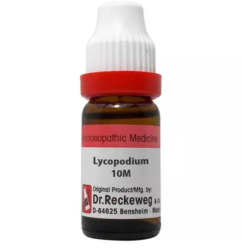
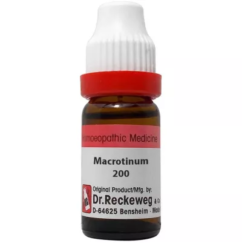


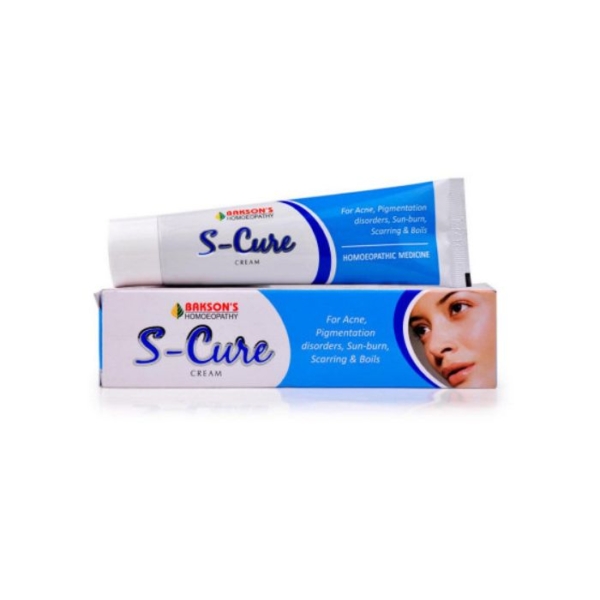
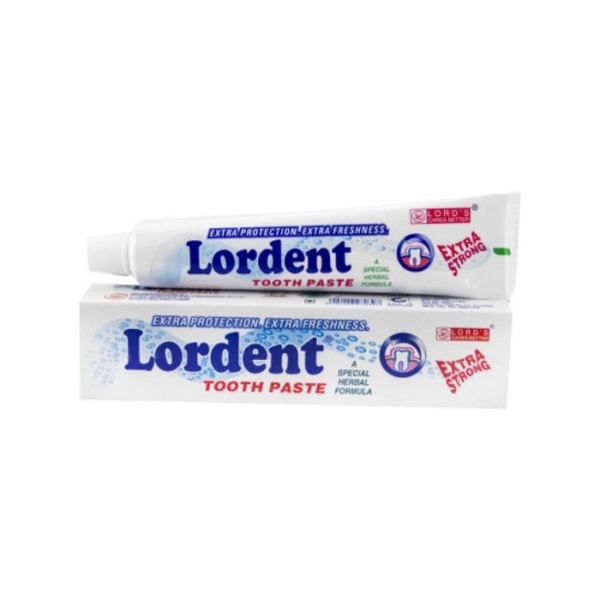
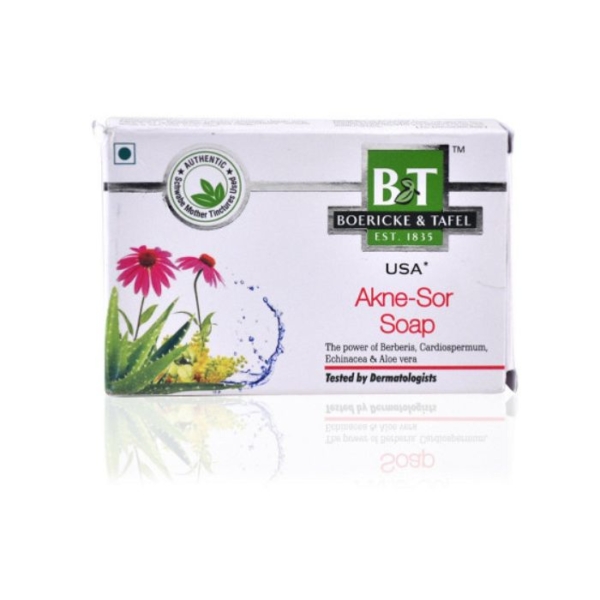




Reviews
There are no reviews yet.